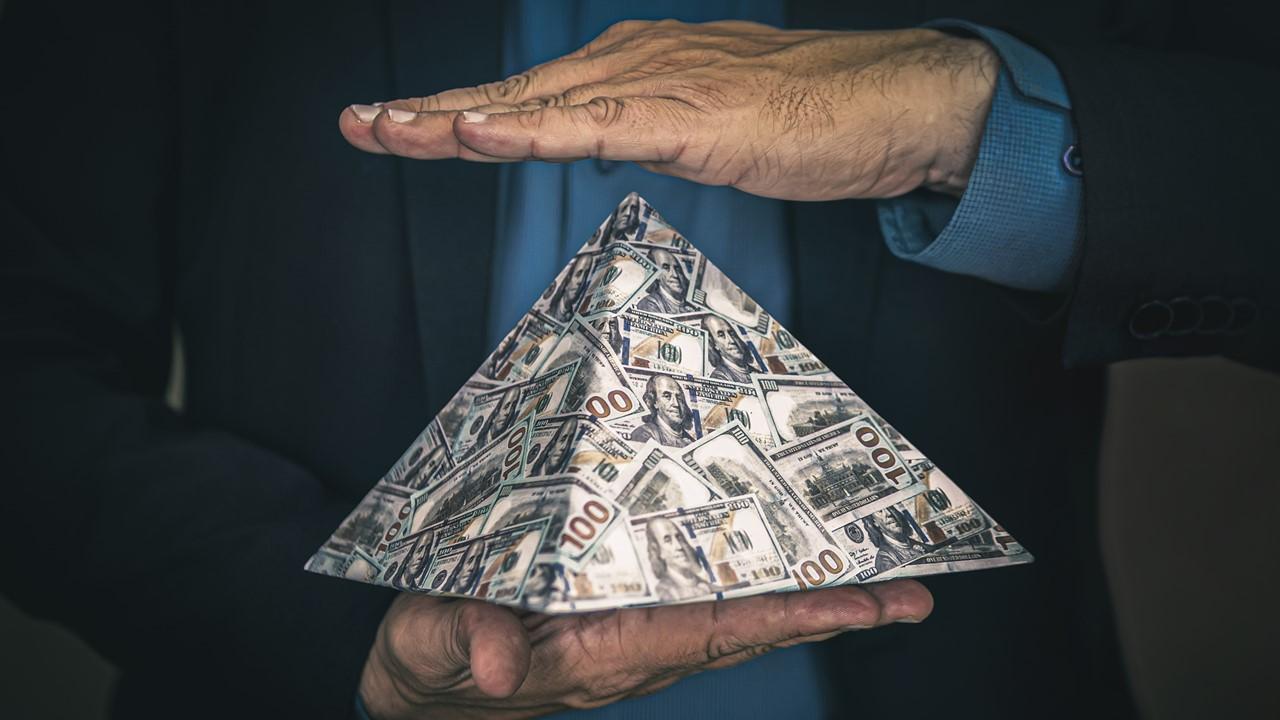
MLMs attract new “consultants” with promises of wealth and flexibility, but most who join an MLM end up losing money. So, how do you know which MLM companies to avoid?
Sept. 26 2022, Published 4:26 p.m. ET

Few people would pass up an opportunity to earn tons of money working independently from home.
Multi-level marketing (MLM) businesses attract new “consultants” or “distributors” with promises of wealth, flexible hours, and the ability to work anywhere. However, most of those who join an MLM end up losing money.
Article continues below advertisement Article continues below advertisementAccording to the FTC, only 1 percent of people who participate in MLMs actually earn a profit.
The other 99 percent of people lose money. However, that doesn’t stop millions of people from signing up for the latest get-rich scheme. In 2021, over 50 million people in the U.S. were involved in direct selling, the highest number in 10 years, reports Statista.
So, how do you know which MLM companies to avoid?
There's a fine line between an MLM and a pyramid scheme. A pyramid scheme can look like a legitimate MLM in that you can earn money by selling things like makeup, clothing, vacations, and wellness products to your friends and family. But once the MLM puts more emphasis on making money by recruiting others into the program rather than selling the products, it has entered pyramid scheme territory.
Article continues below advertisement
“Participants in legitimate multi-level marketing companies earn money based on actual sales to real customers, rather than recruitment,” said Andrew Smith, director of the FTC’s Bureau of Consumer Protection. “But pyramid schemes depend on recruitment of new participants to pay out to existing participants, meaning that the vast majority of participants will ultimately lose money.”
Article continues below advertisement Article continues below advertisementIn a pyramid scheme, the only people who actually make any money are at the top of the recruiting food chain. One example of this is the leggings and clothing MLM LuLaRoe.
Founded in 2013, LuLaRoe quickly became all the rage, and it seemed as if you knew at least one or two people selling the colorful leggings.

Herbalife is a nutrition supplement company that has been around since the 1980s. In 2016, Herbalife settled an FTC lawsuit that accused it of being a pyramid scheme and agreed to pay a $200 million settlement to consumers. The company also agreed to restructure its business model, so its consultants are rewarded on what they sell, not how many people they recruit.
Article continues below advertisementSkincare and wellness MLM Neora, formerly known as Nerium International, LLC, was sued in 2019 by the FTC for operating as an illegal pyramid scheme. According to the FTC complaint, a promotional video for the company stated that the three things “brand partners” could do to build their business was, “Number one: Recruit. Number two: Recruit. Number three: Recruit.”

Primerica is an MLM company that provides insurance, investment, and financial services to middle-income families in the U.S. and Canada. The company has been in business for about 45 years and has often been criticized for its operations.
Primerica has over 130,000 independent representatives in North America. Since those representatives are recruited into the program and don’t have a lot of insurance background, many critics say they aren’t qualified to sell the products.
In 2014, Primerica agreed to pay $9.3 million to settle 238 lawsuits that accused the company of profiting from Florida public employees by convincing them to divest their government-secured retirement accounts to invest in high-risk Primerica retirement products.